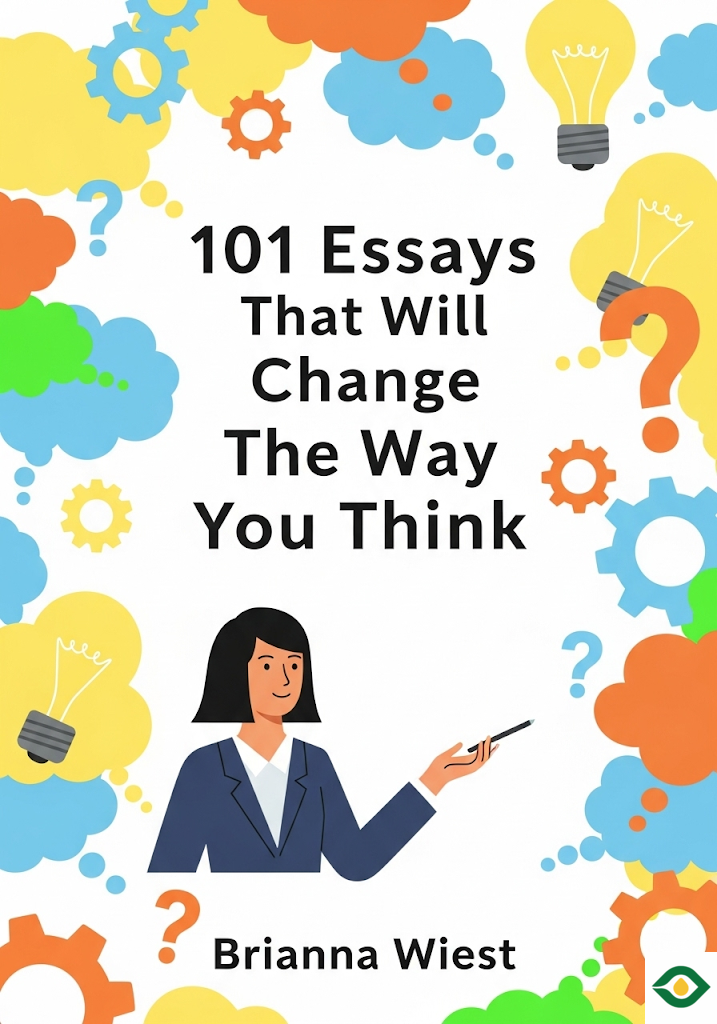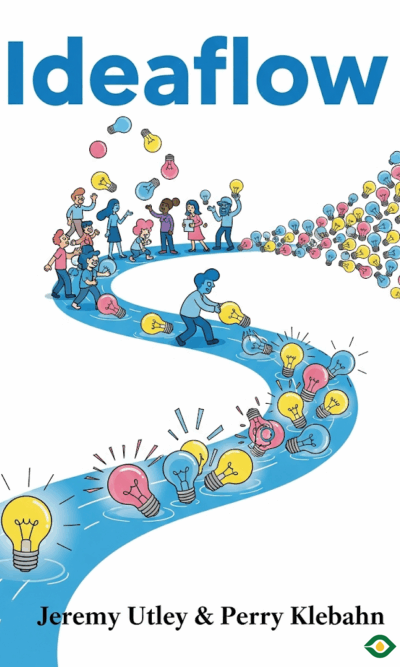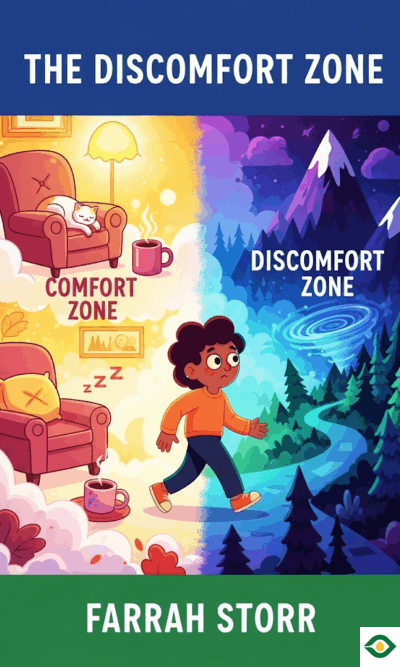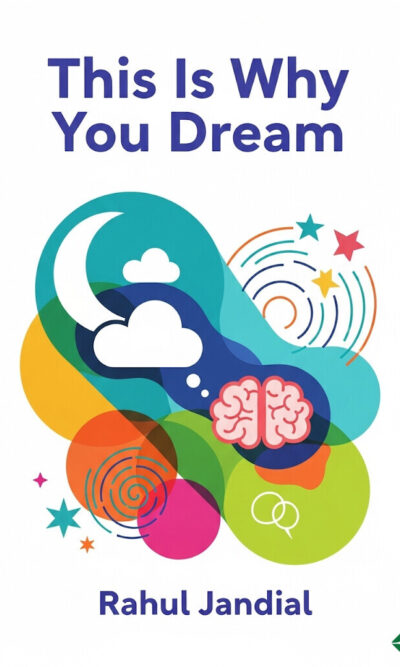Description
Life often feels like a mixture of habits, emotions, and outside influences that we don’t always control. But what if the way we think could change everything about how we experience life? 101 Essays That Will Change the Way You Think by Brianna Wiest offers a wide collection of insights that push us to look at life differently. Instead of chasing happiness as an end goal, Wiest encourages us to understand ourselves better, take responsibility for our thoughts, and learn to shape our inner world. When we change how we think, we change how we live.
One of the most important lessons is about taking responsibility for our emotions. Many of us are shaped by the values, traditions, and expectations of the culture we grow up in. Sometimes this influence is helpful, but often it leaves us stuck following patterns that don’t belong to us. Wiest reminds us that our feelings don’t have to be tied to outside forces. Painful emotions may appear without a clear reason, but they don’t need to control us. By accepting feelings as temporary and letting them go, we regain personal freedom.
Another powerful idea is the importance of routine. Many people see routine as boring, but in reality, it provides stability and focus. Some of the most successful and creative people rely on daily habits to build a rhythm that keeps their energy flowing. Routine isn’t about limiting yourself—it’s about removing constant decision-making so you can focus on deeper work. By building small, repeatable habits that support peace of mind, you also remove procrastination and reduce anxiety.
Wiest also challenges us to raise our personal limit for happiness. Often, we unconsciously keep ourselves from feeling “too happy” because we fear standing out, losing friends, or attracting criticism. We quickly return to our comfortable baseline of “just enough” happiness. To change this, she encourages us to hold onto joyful feelings longer and allow ourselves to expand into gratitude and contentment without guilt. Happiness is not selfish—it is a reflection of living fully.
Creativity is another central theme. Every human being has a creative side, whether through art, writing, problem-solving, or simply new ways of thinking. Our ancestors painted cave walls despite living hard lives because creativity is natural to us. Wiest emphasizes that creativity doesn’t need to be judged or understood by others. It should be pursued for its own sake. When we practice creative acts repeatedly without fear, they become habits that strengthen our sense of purpose.
Skills, too, can be turned into second nature. Wiest describes a path to mastery: first, learn everything you can about a skill, then practice and reflect on mistakes, and finally repeat until the process becomes automatic. Once skills flow effortlessly, you enter a state where work feels natural and smooth. This is the “autopilot” of genius.
Self-esteem is built in similar ways. Instead of waiting for others to validate us, we can consciously shape our confidence. Wiest explains that self-esteem comes from managing your own life with integrity. By holding yourself to high personal standards—ones based on your own values, not society’s pressure—you begin to respect yourself more deeply. Real confidence is calm and steady, not defensive. It comes from the quiet knowledge that you are capable and self-directed.
The balance between passion and purpose is another vital lesson. Passion can be fiery and inspiring, but it often fades when challenges appear. Purpose, on the other hand, is steady and grounded. True growth happens when you let passion light the spark but let purpose steer the ship. Purpose teaches patience, discipline, and resilience. Even in relationships, shared purpose and values often matter more than short bursts of passion.
Wiest also warns against distractions. The story of Denis Diderot, who received a new robe and then felt compelled to replace all his old belongings, is a reminder of how materialism can trap us. We’re constantly bombarded with ads and comparisons that convince us we’re lacking something. But satisfaction doesn’t come from endless possessions—it comes from focusing on what truly matters.
Another lesson is about rest. In a world that glorifies productivity, rest is often dismissed as laziness. But real rest—sleeping well, reflecting quietly, or simply doing nothing—allows the brain to process problems and recover energy. Many breakthroughs come not when we’re pushing ourselves nonstop, but when we pause and let our minds breathe.
Judgment is another trap we often fall into. Criticizing others, especially young people who are still figuring themselves out, only causes harm. Judgment makes people hide their true selves and live in fear. By practicing acceptance and empathy, we create space for people to grow without shame.
Finally, Wiest encourages us to change our perspective. Life will always bring difficulties, but instead of resisting them, we can use negative experiences to build strength and wisdom. For example, asking yourself how you would handle a worst-case scenario can make fears less powerful. When you see challenges as opportunities to learn rather than threats to avoid, you reshape your entire approach to life.
All of these lessons connect to one central theme: the way you think shapes everything. Many of the thoughts you believe are “yours” are actually inherited from culture, family, or society. To live authentically, you must learn to filter out the noise and create your own way of thinking. This means building routines that give stability, practicing creativity that gives joy, strengthening self-esteem through self-management, and focusing on purpose rather than distractions.
In the end, the book is not about chasing happiness or perfection—it’s about building a life where you are in control of your inner world. Happiness becomes a by-product of living with awareness, discipline, creativity, and perspective. By choosing how you think, you choose how you live.





